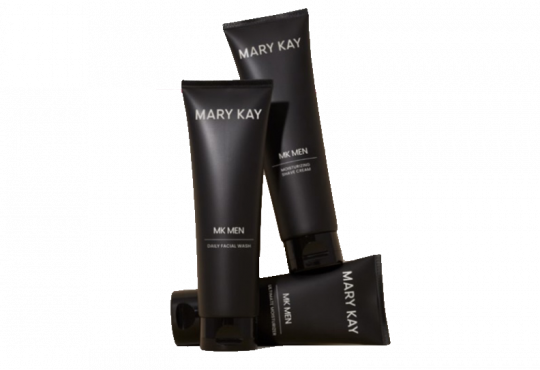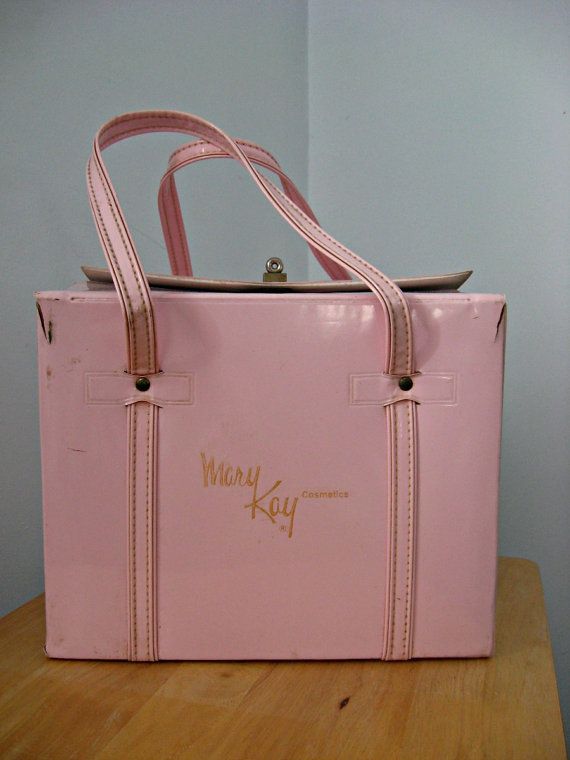Is Mary Kay a Franchise?
Written by Whiz
Mary Kay is not a franchise, and here’s why the company is glad they’re not! Lots of disclosures go along with being a franchise… disclosures Mary Kay would never want to make.
While I was on a plane last week traveling for my employer, I read an article in a business magazine about franchises as small business opportunities. That article made me recall one of the ridiculous recruiting tactics the Mary Kay Maven in my life once used on me.
“Joining Mary Kay opportunity is just like owning your own franchise, but you only pay $100 compared to the tens or hundreds of thousands of dollars the big franchise owners make you pay.”
Sounds great, doesn’t it? Well, let’s take a closer look at how Mary Kay fits into the world of franchises, and also what the FTC has to say on the subject.
What is a franchise, anyway? According to Wikipedia:
Franchising (from the French for honesty or freedom) is a method of doing business wherein a franchisor licenses trademarks and tried and proven methods of doing business to a franchisee in exchange for a recurring payment, and usually a percentage piece of gross sales or gross profits as well as the annual fees.
Right here it seems pretty clear that Mary Kay is not really a franchise by definition. However, since those wacky recruiters insist on calling it one and comparing it to a real franchise, let’s just assume, for fun, that they’re right.
It is true that you only pay $100 up front for the Mary Kay “franchise” rights, but you will continue to pay to keep your outlet in business by purchasing products from the company to remain active, to earn or keep vehicle, to earn recognition, or to meet the quotas required to keep your unit if you are a director — regardless of whether you need additional inventory or not. And while the wholesale order quotas for the pinkness are much lower than fees for maintaining a business like Subway or Dunkin’ Donuts, one key difference between Mary Kay and a true franchise is government regulation.
It is important to note that true franchises are monitored and regulated by the FTC, which has set some ground rules by which franchisors must abide. One of the most important rules mandates that a detailed disclosure document be available to potential franchisees at least 10 business days before any money is exchanged or contracts executed. That document must include:
- names, addresses, and telephone numbers of at least 10 previous purchasers who live closest to you;
- a fully audited financial statement of the seller;
- background and experience of the business’s key executives;
- cost of starting and maintaining the business; and
- the responsibilities you and the seller will have to each other once you’ve invested in the opportunity.
Additional requirements of the FTC include disclosure of felonies, lawsuits, and bankruptcies of the company’s officers and executives, substantiation of any claims made on potential or actual earnings of outlets, the total number of new outlets opened in the preceding fiscal year, the number and names of franchise agreements voluntarily or involuntarily terminated in the preceding fiscal year, and full disclosures on the type and cost of training that will be available to franchisees.
As we all know, Mary Kay provides no such disclosure. Doing so would expose their financial status, profits, and the insane margin they collect on the sales of their products at “wholesale” prices. Consultants and directors do receive respective agreements with Mary Kay, but nowhere in those documents does it provide you data on current or past consultants, nor the company’s financial report, and it completely neglects to inform the consumer of the ongoing costs of maintaining consultant or director status.
In addition to providing franchise regulation, the FTC has published a Consumer Guide to Buying a Franchise . There are some very realistic topics presented for consideration while choosing and purchasing a franchise, and I think all of them apply to the decision of whether or not to become a Mary Kay consultant. These points are especially important:
Demand
Is there a demand for the products or services in your community? Is the demand seasonal, and does the product or service generate repeat business?
Sure, cosmetic and skincare products are used by most women to some degree, so there is a demand for this type of product. Also, these are consumable goods and there is potential for reorders. However, since there are so many other brands available at lower prices in more convenient venues, the demand for Mary Kay specifically is questionable, especially at full retail prices.
Competition
How many franchises and company-owned outlets does the franchisor have in your area? How many competing companies sell the same or similar products or services? Do they offer the same goods and services at the same or lower price?
Many of us have already done the research with the online consultant locator in our own communities. Just like there isn’t a need for 50 independent Subway, Curves, or 7-Eleven stores in a 25-mile radius, there likely isn’t a big enough demand in one community for more than a few Mary Kay consultants. Also, let’s not forget the online competetion from eBay and other sites. Competition here is a nightmare with the volume of readily available Mary Kay products at half of retail or less.
Your Ability to Operate the Business
Sometimes, franchise systems fail. Will you be able to operate your outlet even if the franchisor goes out of business?
No, you will not be able to continue operating if Mary Kay goes out of business. Because you rely on their brand name and products for your inventory and sales, your business will fail if Mary Kay fails.
Name Recognition
How widely recognized is the franchisor? Is the brand image positive and likely to attract customers?
Brand recognition with Mary Kay is high. However, poll 30 people off the street, and you’ll find that with most, the image of Mary Kay is negative, akin to the likes of Enron, Tyco, and Amway.
Training and Support Services
What training and ongoing support does the franchisor provide, and how much will it cost? Will you need any specialized or technical training to be successful?
Technical or specialized expertise isn’t really necessary, but you will need to learn about products, skin, and selling. Since ongoing support and training is provided by other consultants and directors, there’s no way to verify the information and documentation being shared is company approved or even correct. The lack of a formal training program and ongoing support from the company itself should raise red flags.
Franchisor’s Experience
How long as the franchisor been in business, and how did they start? Are they stable and reliable?
Yes, Mary Kay has been in business for over 40 years, which shows a certain amount of stability. However, what are the experiences of consultants and directors who have come and gone? In 99% of all cases, they will not have been successful in running this business.
Growth
A growing franchise operation has continually increasing name recognition, potentially enabling you to attract and service more customers. Is this franchise growing?
As we’ve seen, recruiting and ordering are down in Mary Kay. The company probably isn’t going under, but with competition, market saturation, and a higher population of educated consumers, growth may be difficult in the immediate future.
So even though Mary Kay isn’t a true franchise as defined by the FTC, many of the same considerations are applicable when deciding whether to become or stay a consultant or director. It still amazes me how many women sign up for Mary Kay based on the information provided by a recruiter and her director. So very few actually do the research necessary to make an informed decision.
I guess that’s just another reason why we should all support the FTC’s proposed Business Opportunity Rule.





 Visit the
Visit the
Are there restrictions where Mary Kay products can be sold ?
I found that there was absolutely no real way to advertise MK. Since there could be dozens of MK consultants in your area, the market 50 years later is saturated. Fifty years ago many women didn’t work. There were few cosmetic products. There was no internet. Many stores or malls did not exist. When this company began it was easier to book make over gatherings. To begin with MK sold wigs which were in vogue. For the past 35 years the party make over method no longer works. No one is going to buy these products off of email, facebook or at an open house. If you pay for a table at a trade show, women will avoid your display. Hundreds of women have been exploited by mlm companies like MK and they know few women profit anymore. Decades ago, the very first NSD’s were able to recruit hundreds of women on their way to the top. Along the way hundreds of women failed and quit. They lost unit after unit, car after car. So advertising MK is virtually impossible. The rules for advertising MK are stifling. Word of mouth used to work 45 years ago when women loved to wear wigs. Those days of make up parties during the day are gone.